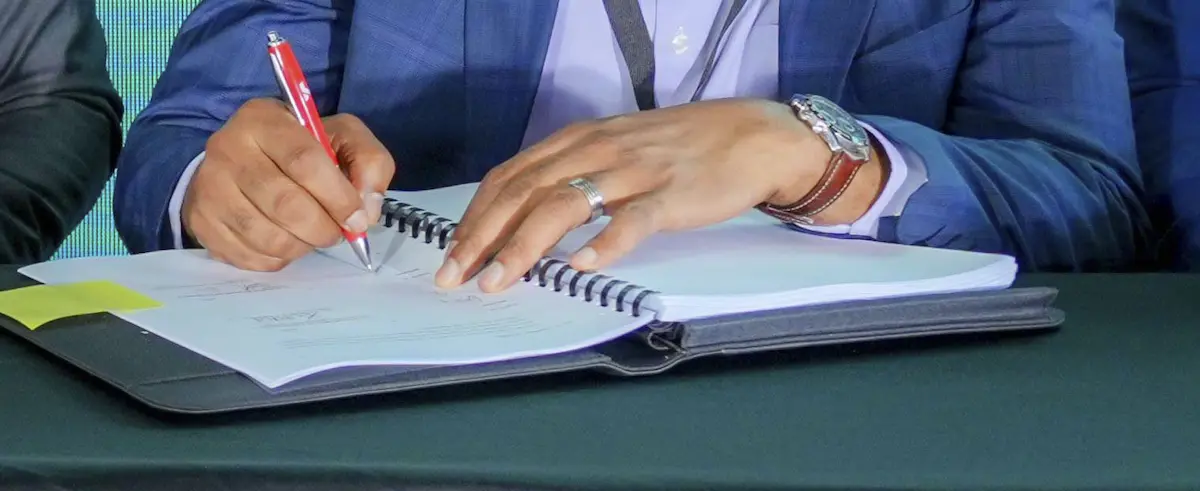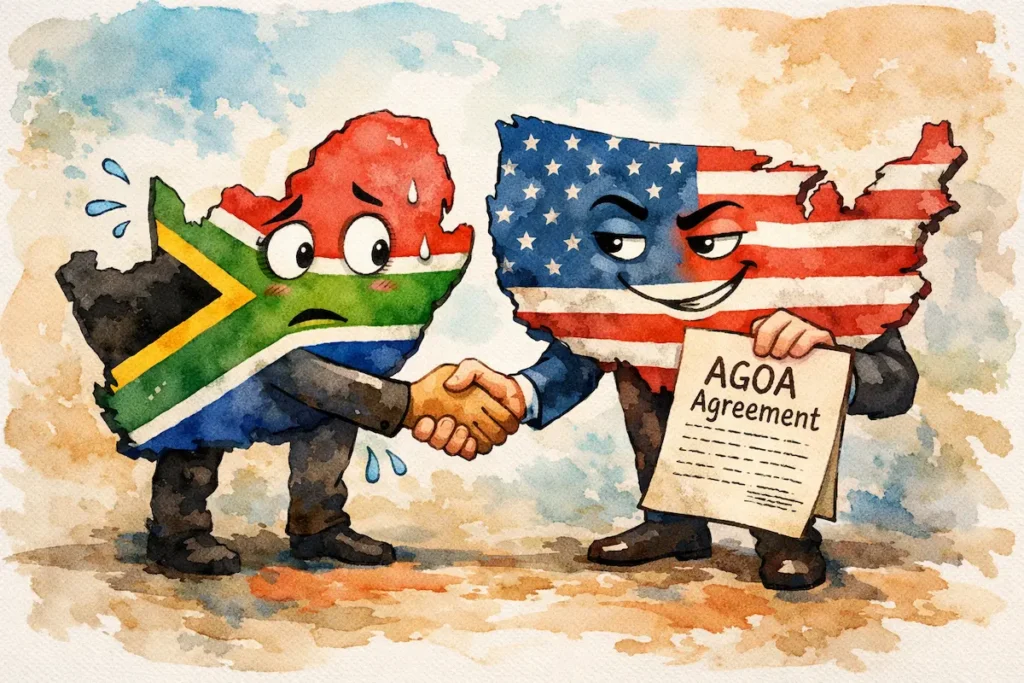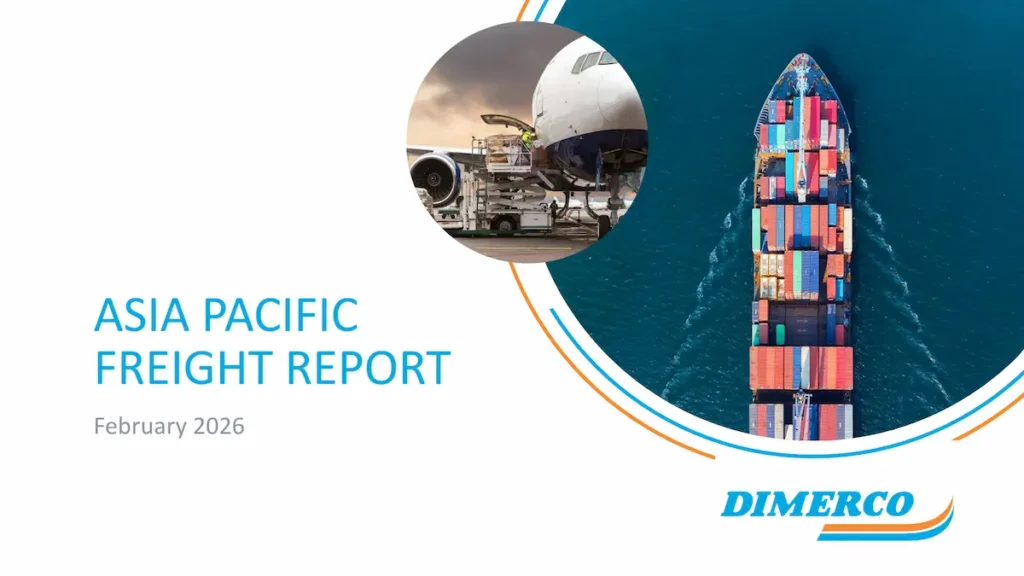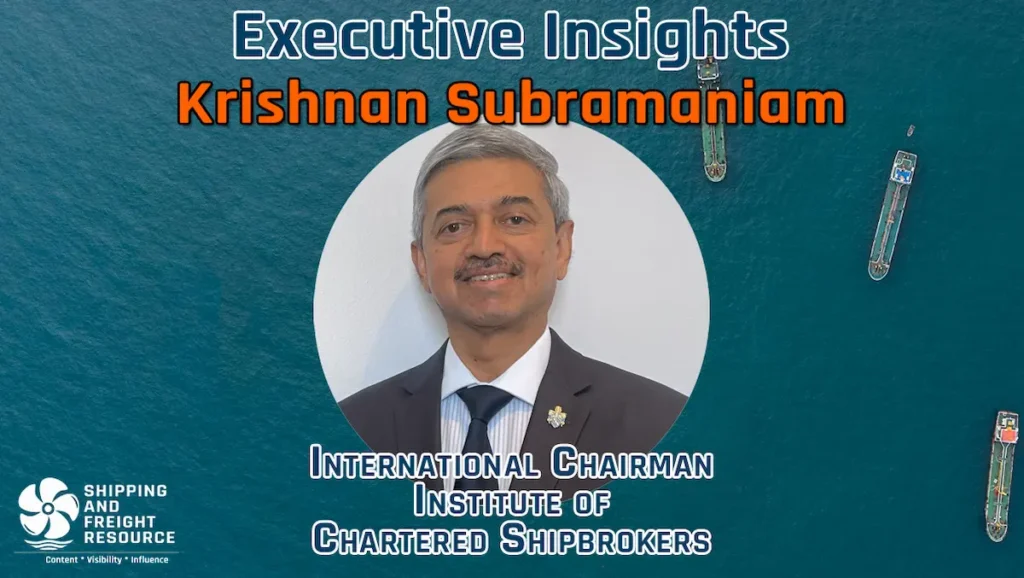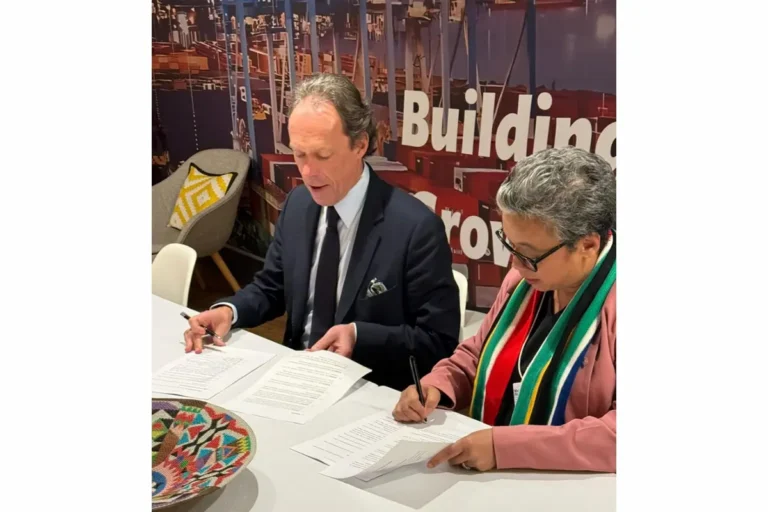Transnet National Ports Authority (TNPA) and the National Energy Regulator of South Africa (NERSA) have signed a Memorandum of Understanding (MoU) to strengthen collaboration in promoting sustainable energy supply and infrastructure development across South Africa.
This landmark agreement marks a significant milestone in accelerating the country’s Just Energy Transition programme, with ports set to play a central role in securing energy imports, distribution, and renewable development.
Governance and regulatory alignment
To ensure effective implementation of the MoU, governance structures will be established through steering committees and workstreams, each with a specific focus on technical, regulatory, or strategic aspects.
The agreement will also align licensing and operations for petroleum facilities, LNG infrastructure, and electricity generation, distribution, and transmission facilities — in line with the Integrated Resources Plan and the SA Renewable Energy Masterplan.
TNPA: Ports at the heart of energy security
Acting TNPA Chief Executive Phyllis Difeto said:
– Advertise Here –
“TNPA welcomes the signed MoU with NERSA. We value strategic collaborations, which are even more vital in the current geopolitical climate, where boosting energy independence and security is an absolute necessity.”
She added:
“Ports play a critical role in the importation of various energy sources, as well as components importation, which would support SA’s energy aspirations and requirements.”
As part of its response to national energy needs, TNPA is advancing its Gas-to-Power programme, which includes three bulk LNG terminals at Richards Bay, Ngqura, and Saldanha. Richards Bay is set to host the country’s first LNG import terminal by 2028, followed by Ngqura, with smaller-scale LNG and renewable energy projects being progressed across all eight commercial ports.
NERSA: Ensuring capacity and efficiency
Muzi Mkhize, NERSA Full-Time Regulator Member responsible for petroleum pipelines regulation, stated:
“NERSA deems its collaboration with TNPA, marked by the signed MoU, as an imperative due to the dual mandates of these two institutions within the ports.”
He emphasised:
“Sufficient import capacity is available and the port system functions efficiently, especially given the country’s reliance on imports to meet the liquid fuels demand and the anticipated LNG imports.”
Referring to the recent Fuels Industry Risk Assessment, Mkhize noted:
“Key supply logistics constraints related to port infrastructure… need to be urgently addressed, again emphasising the need for coordination between the two parties and alignment of regulatory frameworks.”
And concluded:
“The proof of the pudding is in the eating, NERSA remains firmly committed to an even more vigorous implementation or operationalisation of the MoU to achieve the envisaged benefits.”
A long-term framework for energy cooperation
The 10-year agreement provides a roadmap to ensure compliance with regulatory frameworks, attract investment, and strengthen the national port system as a backbone of South Africa’s energy transition.
By aligning their mandates, TNPA and NERSA are positioning South Africa to unlock opportunities in LNG, petroleum, and renewable energy — with ports playing a central role in the country’s sustainable growth.

